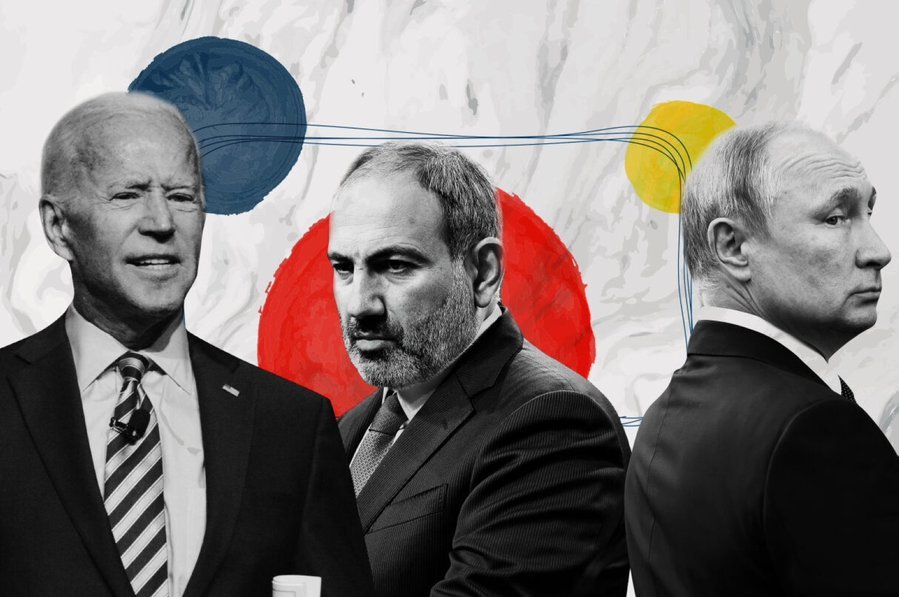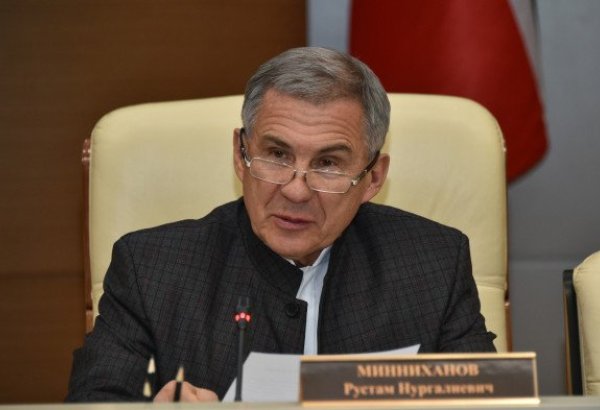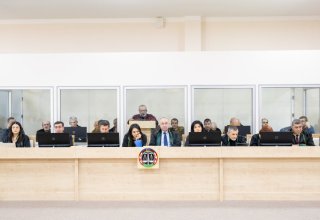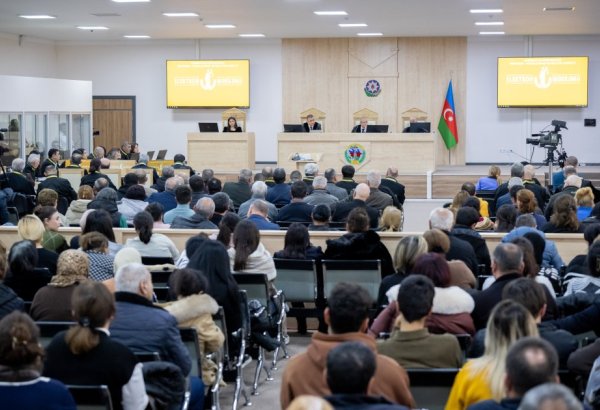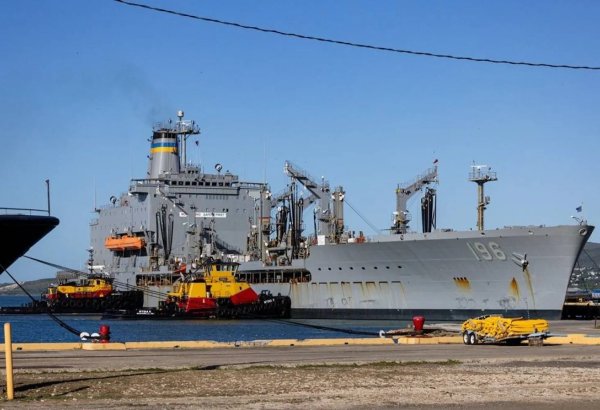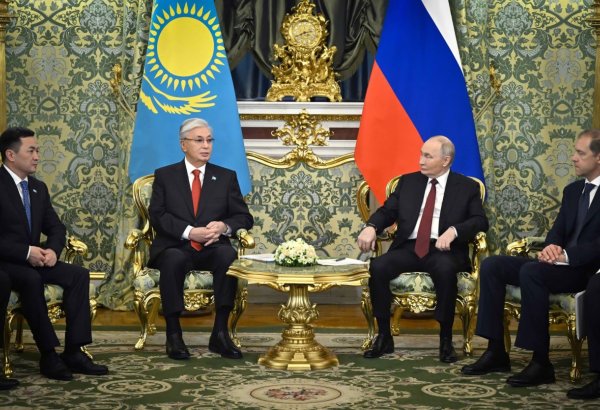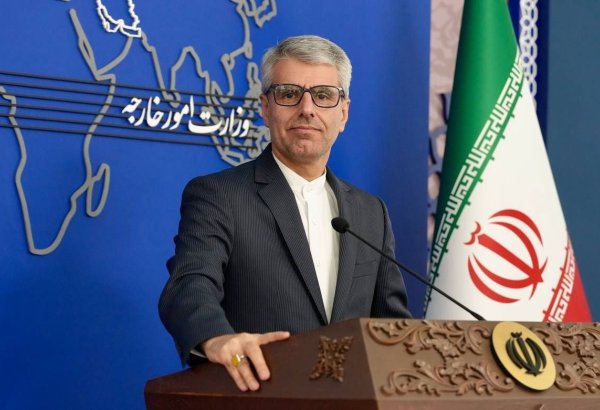BAKU. TurkicWorld :
Tthe United States and Armenia are currently carrying out high-stakes military maneuvers near Yerevan, a joint military drill aptly named "Eagle Partner." Scheduled from Sept. 11 to Sept. 20, this exercise is not just a routine display of military prowess; it is a strategic gambit by Armenian Prime Minister Nikol Pashinian to court Western support or, as some speculate, to ruffle Russia's feathers, reports TurkicWorld with the reference to Daily Sabah.
In a recent interview with Italy's La Repubblica, Pashinian boldly labeled Armenia's historical dependence on Russia for security as a colossal "strategic mistake."
"Armenia's security architecture was 99.999% linked to Russia, including when it came to the procurement of arms and ammunition," Pashinian told La Repubblica.
"But today we see that Russia itself is in need of weapons, arms and ammunition (for the war in Ukraine) and in this situation, it's understandable that even if it wishes so, the Russian Federation cannot meet Armenia's security needs.
"This example should demonstrate to us that dependence on just one partner in security matters is a strategic mistake," the Armenian premier said.
Russia, meanwhile, is watching Armenia's pivot with a mixture of irritation and vigilance. With Ukraine still a battleground, Moscow seems wary of diverting significant resources and attention to a new geopolitical theater. In response to Armenia's strategic drift, Russia's Foreign Ministry summoned the Armenian envoy, registering its displeasure at what it termed a series of "unfriendly steps" by Armenian leadership. These included the U.S. military drills on Armenian soil, a visit to Kyiv by the Armenian prime minister's wife and Armenia's surprising decision to join the International Criminal Court (ICC).
Adding fuel to the fire, Gunther Fehlinger, chair of the European committee for NATO, tweeted that Armenia should explore NATO membership.
Russian President Vladimir Putin weighed in on Armenia's realignment during a recent address. He didn't mince words, emphasizing that the Karabakh issue is a closed chapter, with Armenia officially acknowledging Karabakh as Azerbaijani territory. Putin's remarks read like a subtle admonishment of Armenia's actions in an already precarious region.
Armenia's post-Karabakh defeat has made its leadership vulnerable, presenting it as a pawn in the broader West-Russia geopolitical rivalry. Despite ongoing peace initiatives and efforts at regional reconciliation, Yerevan continues to provoke its neighbors. This stance seems out of step with the reality that regional stability and cooperation, coupled with constructive contributions to negotiations with Azerbaijan, would serve Armenia's best interests.
Tensions in the South Caucasus
Armenia's evolving alignment and paradigm shift could further stoke existing tensions in the South Caucasus, an area of immense strategic significance.
Situated at the crossroads of Eastern Europe and Western Asia, the region, a unique location with natural resources, historical significance and ongoing regional conflicts, includes Armenia, Azerbaijan and Georgia. It is a critical energy transit hub for oil and natural gas, which is also crucial for Europe’s energy security. In addition, it is a critical transportation corridor that connects Asia to Europe with roads and railroads enabling the movement of people and goods from Central Asia to Europe. China’s Belt and Road Initiative (BRI) also goes through this region.
Since the Soviet Union's collapse and the demise of bipolarity in the post-Cold War era, the world has been in flux, seeking a new global order. Though multipolarity has emerged with rising Chinese and Indian economies and others, remnants of Cold War-era great power rivalries linger, especially in regions once under Soviet sway, like the South Caucasus. Russia's Ukraine invasion epitomizes this struggle, while the South Caucasus exemplifies the enduring great power contest from the bygone bipolar era.
Previously tethered to Russia's orbit, Armenia now questions this alignment, viewing it as a "strategic mistake." However, turning further toward Western allies could potentially entangle Armenia in a dangerous tug-of-war between the U.S./NATO and Russia.
Armenia's best path forward lies in prioritizing regional stability and peace. This route is the surest path to a secure and prosperous future for its citizens. A promising normalization process with Türkiye is already underway, underpinned by a constructive agenda led by President Recep Tayyip Erdoğan. Additionally, Yerevan must factor in the robust strategic partnership between Türkiye and Azerbaijan, founded on the principle of "One Nation, Two States," and realize that the future of normalization with Türkiye cannot be detached from escalating tensions with Azerbaijan.








